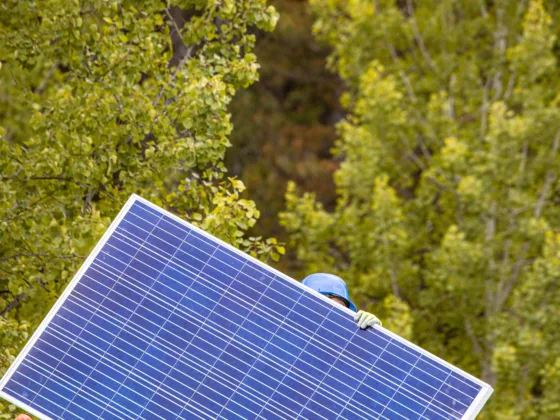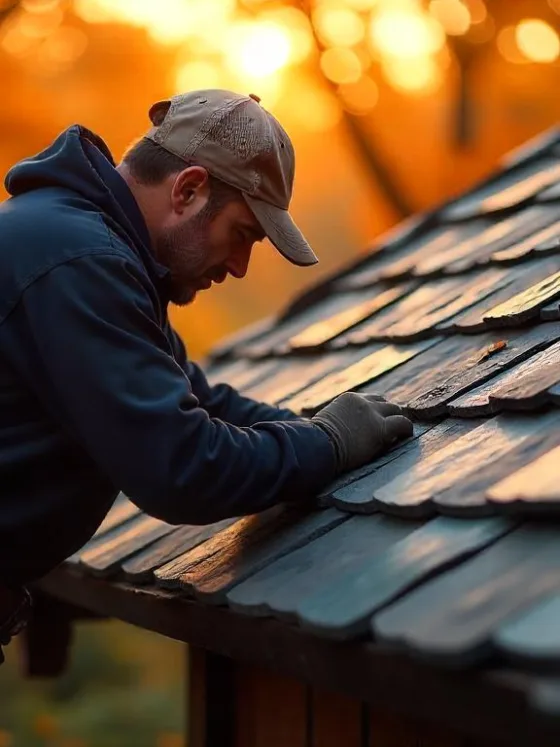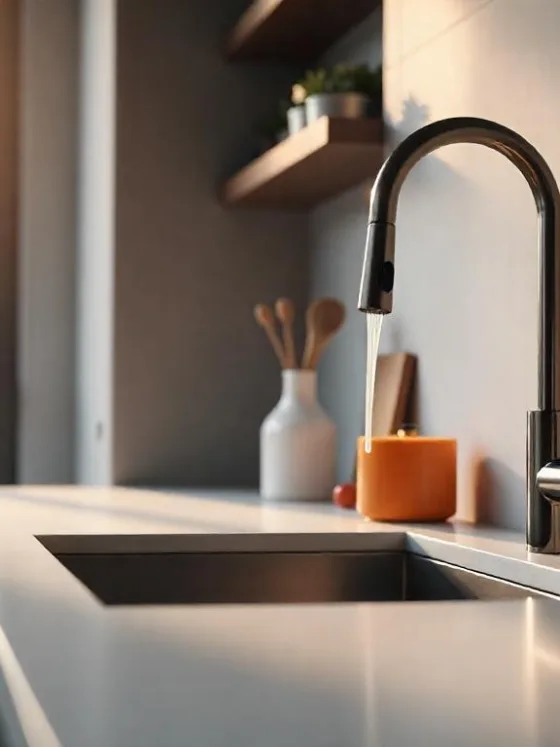Table of Contents Show
When it comes to enjoying the great outdoors and exploring new destinations, many people choose to travel in recreational vehicles (RVs). These versatile vehicles provide the comforts of home while allowing you to experience the freedom of the open road. However, one aspect that RV owners need to consider is the average power consumption of their vehicles.
RVs require a significant amount of power to operate all the appliances and systems onboard. Understanding the average power consumption can help RV owners make informed decisions about their energy usage and ensure they have enough power for their adventures.
Factors Affecting Power Consumption
Several factors contribute to the average power consumption of an RV:
- Appliances: RVs are equipped with various appliances, including refrigerators, air conditioners, microwaves, and televisions. Each of these appliances consumes a different amount of power.
- Systems: RVs also have electrical systems for lighting, water pumps, and heating. These systems contribute to the overall power consumption.
- Usage: The way you use your RV also affects power consumption. For example, if you frequently use appliances simultaneously or keep the air conditioner running for extended periods, it will increase power usage.
Calculating Average Power Consumption
To determine the average power consumption of your RV, you can follow these steps:
- Make a list of all the appliances and systems in your RV.
- Check the power ratings or wattage of each appliance. This information can usually be found on the appliance itself or in the owner’s manual.
- Calculate the power consumption for each appliance by multiplying its wattage by the number of hours you use it per day.
- Add up the power consumption of all the appliances and systems to get the total power consumption per day.
Related:
Managing Power Consumption
Once you have a clear understanding of the average power consumption of your RV, you can take steps to manage it effectively:
- Energy-efficient appliances: Consider upgrading to energy-efficient appliances that consume less power.
- Smart usage: Be mindful of how you use your appliances. Avoid running multiple high-power appliances simultaneously and turn off lights and electronics when not in use.
- Solar power: Installing solar panels on your RV can help reduce reliance on traditional power sources.
- Battery capacity: Ensure that your RV’s battery capacity is sufficient to meet your power needs. Consider investing in additional batteries if necessary.
Conclusion
Understanding the average power consumption of an RV is essential for every RV owner. By calculating and managing power consumption effectively, you can ensure that you have enough power for your adventures while minimizing your impact on the environment and reducing energy costs.










